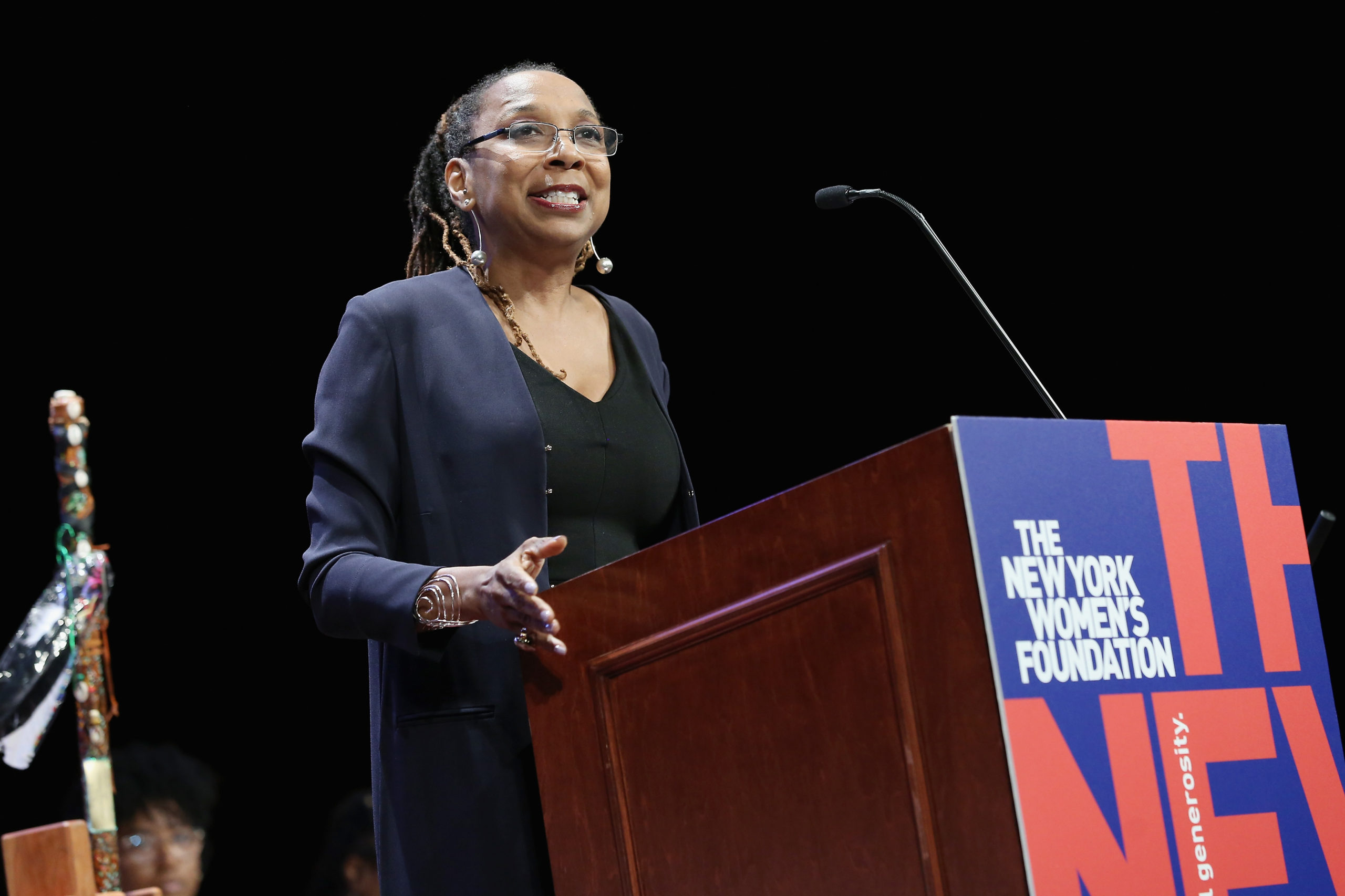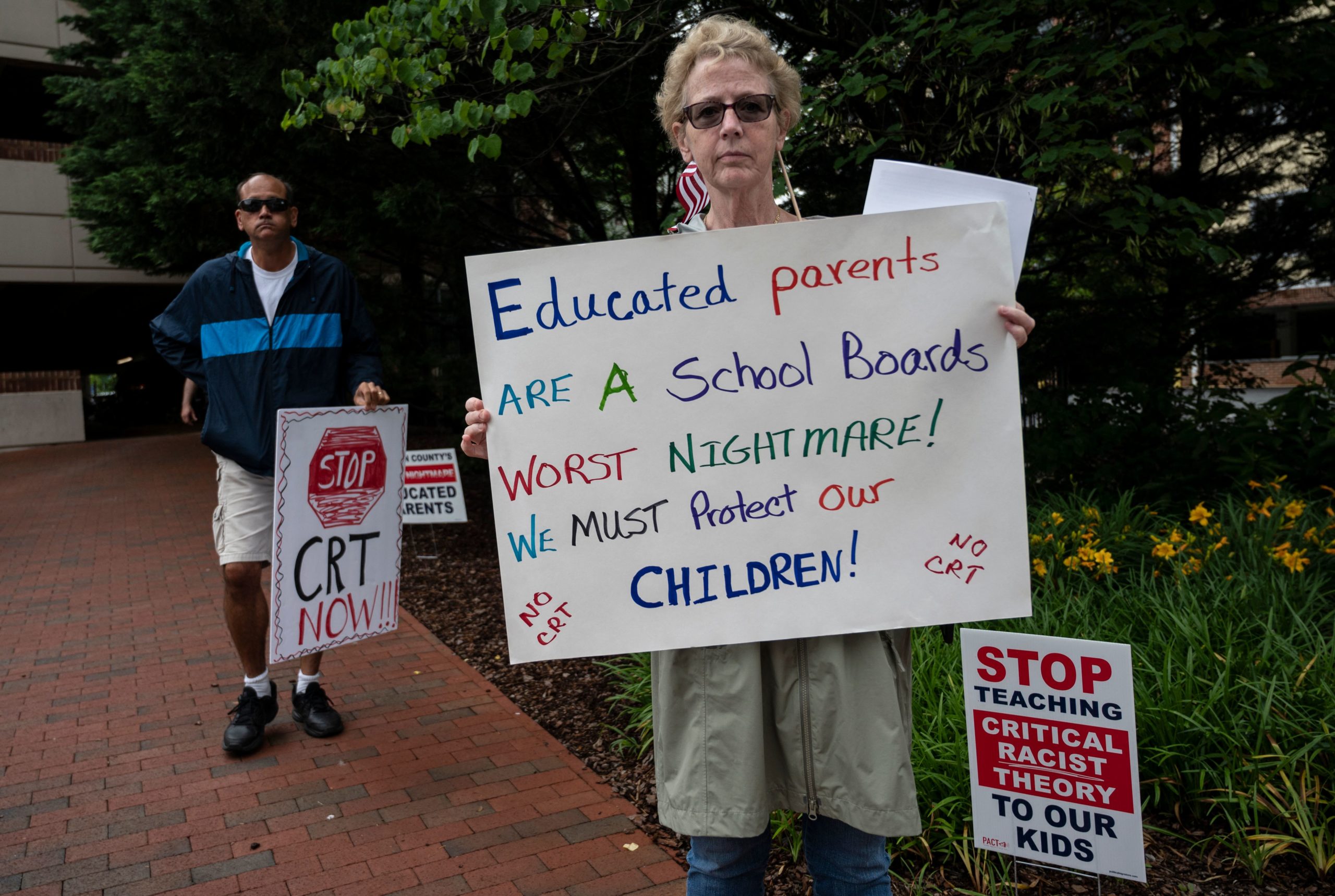Who Officially Says That Art Should Not Be Taught
A national debate about critical race theory (CRT) in schools has taken shape in recent months, but the origin and nature of this one time obscure academic sub-discipline has allowed its proponents to obfuscate the electric current debate with misleading arguments.
CRT holds that America is fundamentally racist, yet it teaches students to view every social interaction and person in terms of race. Its adherents pursue "antiracism" through the end of merit, objective truth and the adoption of race-based policies.
CRT's adherents often fence that the concept is not being taught in K-12 schools and that Republican-backed legislation to ban CRT pedagogy is a ban on teaching history. Democratic New York Rep. Alexandria Ocasio-Cortez fabricated both arguments during an appearance on CNN terminal week. (RELATED: The New Left's Institutionalized Racialism Is 'Everywhere.' In Medicine, Teaching, Even In Government Labs. Here's How It Happened)
"Critical Race Theory is non taught in simple schoolhouse. It is barely taught in constabulary schools, frankly, in the level that information technology should exist taught," she told host Don Lemon. Ocasio-Cortez afterward claimed the anti-CRT laws enacted in several states mean "we can't teach annihilation about race in our schools" across the bare minimum.
Lookout man:
Her reference to constabulary school is likewise one made by MSNBC host Joy Reid, who said on her show in June that "police schoolhouse is really the only place [CRT] is taught." In a segment where Reid clashed with Christopher Rufo, ane of CRT'southward most prominent opponents, she quoted "anti-racism" scholar Ibram Kendi as saying: "I didn't nourish police force school, which is where critical race theory is taught."
Ocasio-Cortez and Reid are technically correct. CRT has its origins in critical legal studies, an academic sub-subject that argued the law was rooted in racism and often perpetuated racial inequality, according to the American Bar Association.
Richard Delgado and Jean Stefancic, two University of Alabama law professors who are considered to exist amongst the founders of CRT, noted the concept originated more than twoscore years agone in the early writings of Harvard Constabulary professor Derrick Bell. The history of CRT is detailed in the 2 professors' article "Disquisitional Race Theory: Past, Nowadays, and Future."
Bell was part of a grouping of scholars that found the ceremonious rights movement'southward apply of litigation was unable to address "the more nuanced forms of racism that were developing" at the time. He likewise adhered to "the idea that racial prejudice is then deeply ingrained in guild'due south structures" that blacks must resign to the idea of never getting ahead.
Other prominent legal scholars who developed CRT include University of Hawaii law professor Mari Matsuda, who argued that hate speech should face criminal prosecution despite the Outset Subpoena, and Columbia Law professor Kimberlé Crenshaw, who coined the term intersectionality.

Kimberle Crenshaw speaks onstage during the New York Women'south Foundation'due south 2018 "Celebrating Women" breakfast on May 10, 2018 in New York City (Monica Schipper/Getty Images for The New York Women's Foundation)
It'southward true, uncomplicated school children are not learning the same topics taught in law schools. But K-12 students beyond the nation are being taught that America and its institutions are inherently racist, merit-based systems perpetuate inequity and white people must deconstruct their "whiteness" and "white privilege."
These topics ultimately derive from the legal scholarship known every bit CRT, co-ordinate to the very legal scholars who helped develop the theory. Delgado and Stefancic wrote in 2016 that the CRT motion "is a drove of activists and scholars interested in studying and transforming the relationship among race, racism, and power."
"The movement considers … conventional civil rights and ethnic studies discourses … merely places them in a broader perspective that includes economics, history, … self-interest, and … feelings and the unconscious," they wrote.
Crenshaw further noted to CNN that CRT is not merely a legal subject field but "an approach to grappling with a history of White supremacy that rejects the conventionalities that what's in the past is in the past, and that the laws and systems that grow from that past are detached from information technology."
The "broader perspective" that Delgado and Stefancic mention suggests students in Chiliad-12 schools could still be introduced to topics related to CRT beyond simply civil rights law. Educators across the nation have proposed curricula related to "ethnic studies" along with other topics integral to the legal projection of CRT, such as the relationship between race and power.
Officials from the East Side Customs Schoolhouse in Manhattan, for example, passed out literature asking parents to "reflect" on their "whiteness," the New York Postal service reported. CRT, equally taught in both in constabulary schoolhouse and in K-12 schools, emphasizes the supposed ability of "whiteness" equally a tool to marginalize racial minorities.
A representative from New York Urban center's Department of Education told the outlet that "the document in question was shared with the school by parents every bit a part of ongoing anti-racist work in the schoolhouse community and is ane of many resources the schools utilizes." (RELATED: A Parent-Led Rebellion Against Critical Race Theory Is Storming School Boards Across The Country)

People hold upwardly signs during a rally against "critical race theory" existence taught in schools at the Loudoun County Government center in Leesburg, Virginia on June 12, 2021 (Andrew Caballero-Reynolds/AFP via Getty Images)
A number of schools accept also opted not to use merit-based systems in their admissions process. The San Francisco Lath of Education voted to replace their admissions tests with a "holistic review" process. New York Urban center schools replaced their merit-based admission with a lottery system to increment multifariousness, The Washington Mail service reported.
Seattle Public Schools reportedly held a training in December 2020 that taught white teachers to "bankrupt their privilege" and understand the "centrality of whiteness" in order. Students at a public simple schoolhouse in Philadelphia were reportedly told to participate in activities celebrating "black communist" Angela Davis in a Black Power rally simulation.
CRT educational activity in K-12 schools may not be the exact aforementioned as what is taught in police schools, but the curriculum's emphasis on race and power, along with an disfavor to merit-based systems, shares many similarities with its law school analogue. The legal scholars who developed CRT certainly seem to propose as much.
christiethemores82.blogspot.com
Source: https://dailycaller.com/2021/07/29/critical-race-theory-law-school-antiracism/
0 Response to "Who Officially Says That Art Should Not Be Taught"
Post a Comment